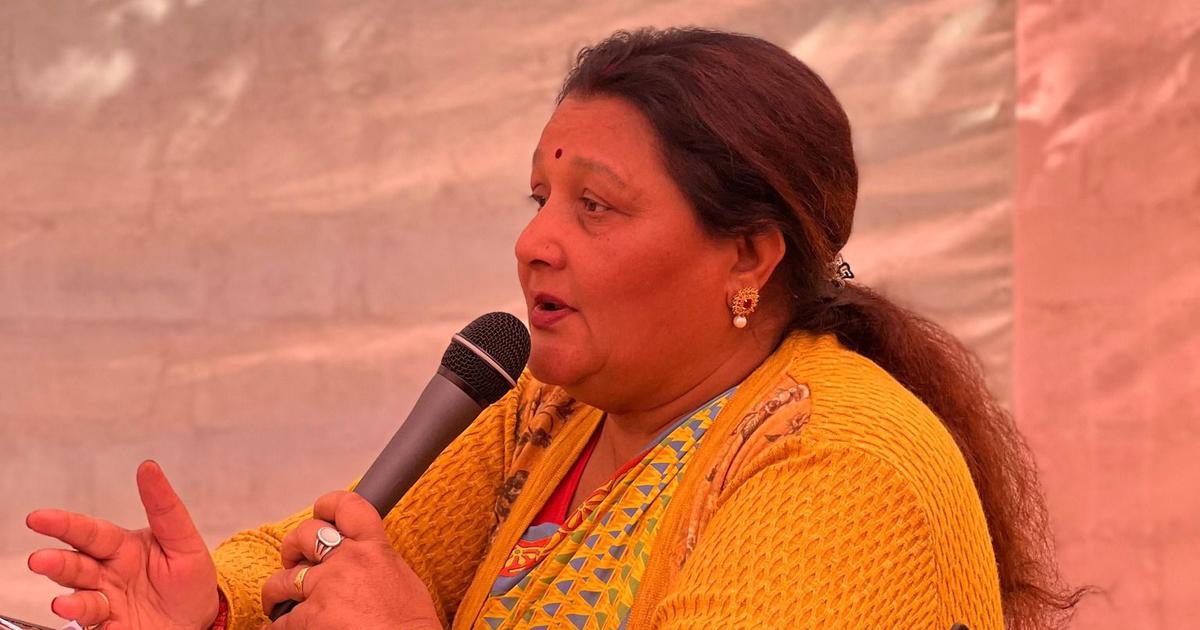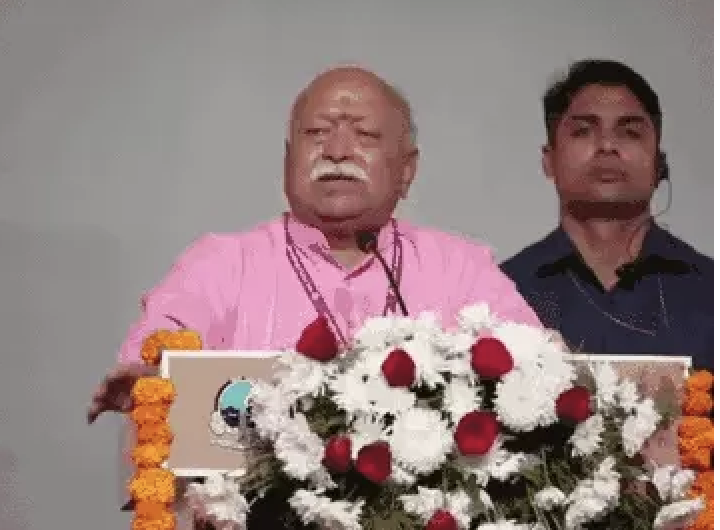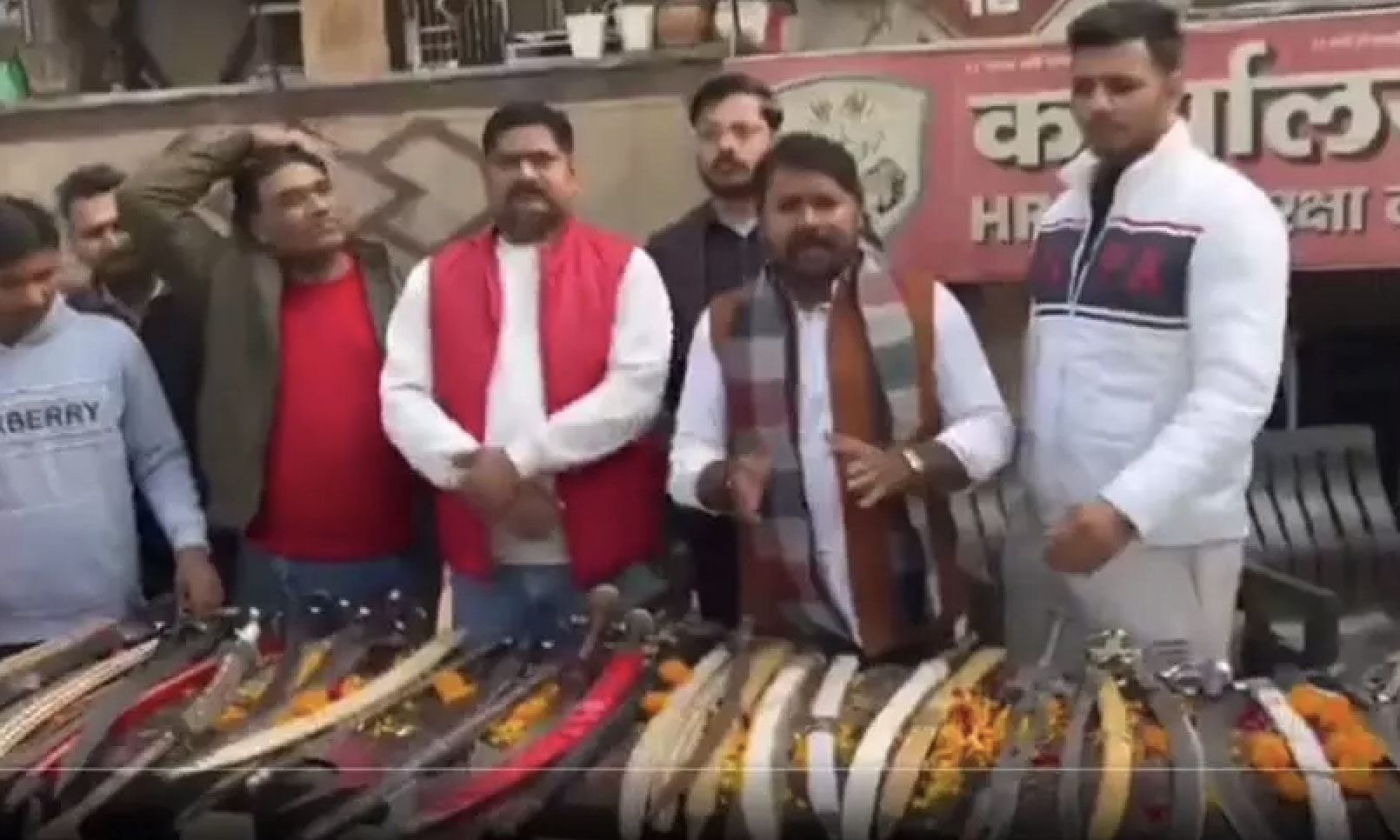
By Rajesh Ramachandran / Tribune India
Communal murders have become shockingly commonplace in Kashmir. The targeted killings of Hindus and Sikhs, Dalits included, are merely written down against Pakistan-sponsored terrorist organisations with silly monikers like ‘freedom fighters’. Yet, these are Islamists committing murders of hatred and the people of Kashmir are as complicit in the killings as the people of Greater Noida, Alwar and wherever else Muslims have been lynched by cow vigilantes. But the national outrage that ensued after every instance of lynching over the cow — particularly from the Left Liberals, intellectuals and academia — is curiously absent when it comes to the killings of innocent Hindus and Sikhs in Kashmir; it’s almost as if they deserve to die because they are not Muslim and still happen to remain there.
Secular India had accepted all kinds of Islamist atrocities, including the murders, ethnic cleansing of Kashmiri Pandits and driving away of non-Muslim journalists from Kashmir. But there will be no secular middle ground if these targeted killings too are condoned, resulting in just the Islamists and the Hindutvavadis left to converse in the language of hatred and the bloody exchange of bodies. These murders cannot have happened without the local population pointing out the vulnerable outsiders to either foreign mercenaries or Kashmiri killers. The Islamist outfit claiming responsibility for the murders as ‘intelligence-based operations’ has actually let out the new modus operandi.
The ‘intelligence’ that the killers refer to is information from within the schools where Sikh principal Supinder Kour, Pandit teacher Deepak Chand or Dalit teacher Rajni Bala taught, or from within the government office where Rahul Bhatt worked or the bank branch that Vijay Kumar managed. This ‘intelligence’ that helped the killers execute flawless murders points fingers at fellow teachers, students, co-workers or local busybodies — commoners. It is easy to label them all communal, which, of course, they might well be. But people often are victims of circumstances and they become what they become responding to the changing contexts. The changed context now is the total alienation of the local populace, which has turned against the Indian State completely.
The abrogation of Article 370, the incarceration, de-legitimisation and defamation of the region’s political leadership, suspension of political activities, the delimitation process and the indefinite postponement of the Assembly elections have resulted in disaffection among the local people, who have been left with no stakes in the governance of their own lives. It is no coincidence that these targeted killings are happening when Kashmir is bustling with tourists, making it the best and most profitable season in a long time. Not a single tourist was harmed, nor will any be harmed because those who are committing these well-planned murders distinguish between the Hindus who are paying them and the Hindus who have been planted by the government. So, even the Islamist killers’ hatred is measured in terms of a cost-benefit analysis over profits from tourism and the need to oppose the government.
Such measured and defined expression of hatred can be tackled best by engaging with the local population and ensuring that they have high stakes in governance. Tourism is not getting disrupted because the local Kashmiris are running it — however, the governance or lives of government employees are threatened because the locals have no stake in the administration. Communalism plus communalism can never be less communalism. If Islamist communalism is going to be tackled with Hindutva communalism, we can only have a completely radicalised Kashmiri society where innocent non-Muslims will be suspects, just as Muslims have become suspects in a Hindutva milieu. For every innocent Hindu or Sikh murdered in Kashmir, Islamist radicals can reel out the names of two innocent Muslims killed in the rest of India.
Political engagement is the only answer for the imbroglio, not military manoeuvres. The Army’s attempt to trigger protests against these communal murders will only discredit the sacrifice of these innocent lives. The Army’s job is not to organise political protests — it is to guard the borders and assist the administration when called for. It is dangerous for the body polity to have Army officers in civvies orchestrating protests, be it in Char Chinar or Chandni Chowk. India remains a successful democracy only by keeping the armed forces subject to the political executive. We cannot defeat Pakistan’s ISI or the Chinese PLA by turning our professional army into a mirror image of their ideologically indoctrinated armies.
The transition to political engagement needs the expert midwifery of sagacious administrators with experience and maturity, who are truly secular and empathetic to the disaffected people; not just the antics of Hindi heartland politics. It is easy to condemn those who have safeguarded the status quo all these years. In a troubled region, status quo means relative peace, a modicum of harmony and life with an element of predictability. All this is now lost. Any teacher, a clerk in a government office or a banker can now become an ‘intelligence’ operative for killers. The soul of a society rots when an Everyman becomes an informant — for communal killers or the government. And their justification is that they have been subjected to the diktats of a government that is distant, communal and not representative.
A radicalised polity radicalises everyone in society. The ‘azadi’ reference in the terribly communal slogan threatening to kill Hindus and Christians in Kerala, in a rally organised by Islamist organisation People’s Front of India, only proves that the harder Hindutva turns, the worse will be the Islamist response. Of course, the difference as we travel from Kashmir to Kerala is that Islamism has been mainstreamed by the Left, which even struck an alliance earlier with terror suspect Abdul Nasser Madani. Now, apart from the Hindutvavadis, those who legitimised the ‘azadi’ slogan also need to think hard: How much have they contributed to the normalisation of Islamist communal killings? For that is what the dog whistle of ‘azadi’ means now in Kashmir.
This article first appeared on tribuneindia.com






